How to Buy and Export Diamonds from Angola
How to Buy and Export Diamonds from Angola
The Democratic Republic of Congo is well known as the home to a high concentration of natural resources, which have historically made it an attractive target for exploitation by settlers. In this case, we’re talking about diamonds. The third-largest producer of raw diamonds in the world – with only Russia and Canada producing more – the DRC also has a monopoly on production in Angola. To date, conflict diamonds from the DRC are notorious for fueling new wars and propping up dictators during its civil war. Fortunately, these exploitative practices are now more transparent than ever before, allowing conscientious consumers to make informed decisions about where their diamond comes from and what its supply chain looks like. Furthermore, since almost all of the world’s Congolese diamond miners reside in urban areas and not remote mines, there are opportunities for fair trade partnerships with international companies that don’t have access to local mining sites. Even so, you’ll need to do your research before getting started with either of these business ventures.
What to Look for When Buying Diamonds from Angola?
As with any commodity, the first thing to look for is the quality of the product. This has a lot to do with the size, colour, and cut of the diamond, as well as its clarity. The quality of the diamond also depends on how it was mined. When purchasing diamonds from Angola, make sure the diamonds were mined using either the ‘Kimberley Process’ or ‘Government Process’. This means the diamonds are ethically sourced, with the government of Angola issuing a permit for the mining operation. What’s more, diamonds that are certified as Fair Trade have been mined with the consent of the local population, who have also been compensated fairly for their labour.
Where to Find Ethically Sourced Diamonds?
In the age of increased transparency, diamonds from Angola can be bought with great confidence. However, there are still a few things to be aware of when sourcing diamonds. First, make sure the diamonds you are buying are certified. This means the diamonds have been assessed by an independent gem laboratory, verified for quality, and come with complete chain of custody documentation. There are a few certification bodies that you can rely on for this. The most reliable are the Kimberley Process, EITI, and the California Society of Professional Engineers. Secondly, make sure the diamonds you buy are from the DRC. This is easier said than done, as the DRC does not legally require its diamond miners to be certified. That being said, most large-scale companies will be sourcing diamonds from the DRC, and their certificates are a good indication that their diamonds are from the DRC.
How to Source Conflict-Free Diamonds from Angola?
Most diamond certification bodies have a system in place to help conscientious consumers source conflict-free diamonds. The process is simple. You need to go to the website of the certification body and enter the details of the diamond you wish to buy. This will give you a breakdown of the diamond’s origin and its supply chain. For example, the Kimberly Process website allows you to enter the diamond’s rough carat weight and shape, as well as its colour and clarity. This will return all the certified diamonds that match the details, as well as their supply chain information. If you’re buying diamonds from Angola, make sure you are purchasing from one of the five certification bodies listed above.
How to Export Diamonds from Angola?
If you’re a diamond exporter, you’re probably well aware of the importance of securing a letter of credit for your diamond export shipment. This is the document that banks issue to confirm their willingness to honour a letter of credit for a diamond export transaction. You might be surprised to learn that many banks are hesitant to issue letters of credit for diamond exports from Angola. In fact, diamonds from Angola are some of the most difficult commodities to export. To make matters worse, diamonds from Angola are often treated as high-risk commodities, requiring additional security and documentation. This includes an inspection of the sender’s gem laboratory, which can take up to six weeks. If you need assistance with exporting diamonds from Angola, you will need to hire an export broker with specialised experience in these commodities.
The Bottom Line
Keep in mind that the highest and best use of diamond is as a symbol of love and commitment between two people. To that end, you should always take time to ensure that you are buying ethically sourced diamonds. This will help you avoid contributing to the social and economic devastation of the communities that produce diamonds. With that said, don’t be afraid to ask diamond sellers if the diamonds you’re buying are from Angola. If they are, make sure you confirm that the diamonds are conflict-free.


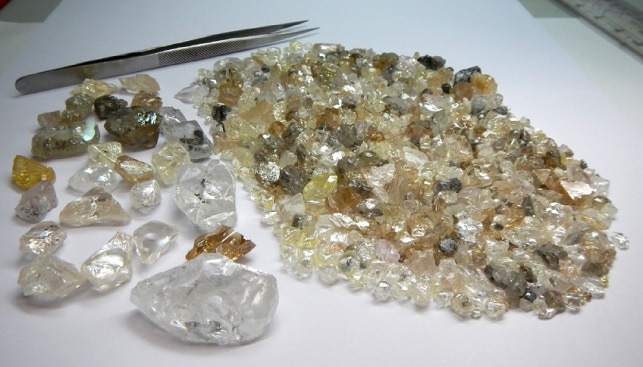
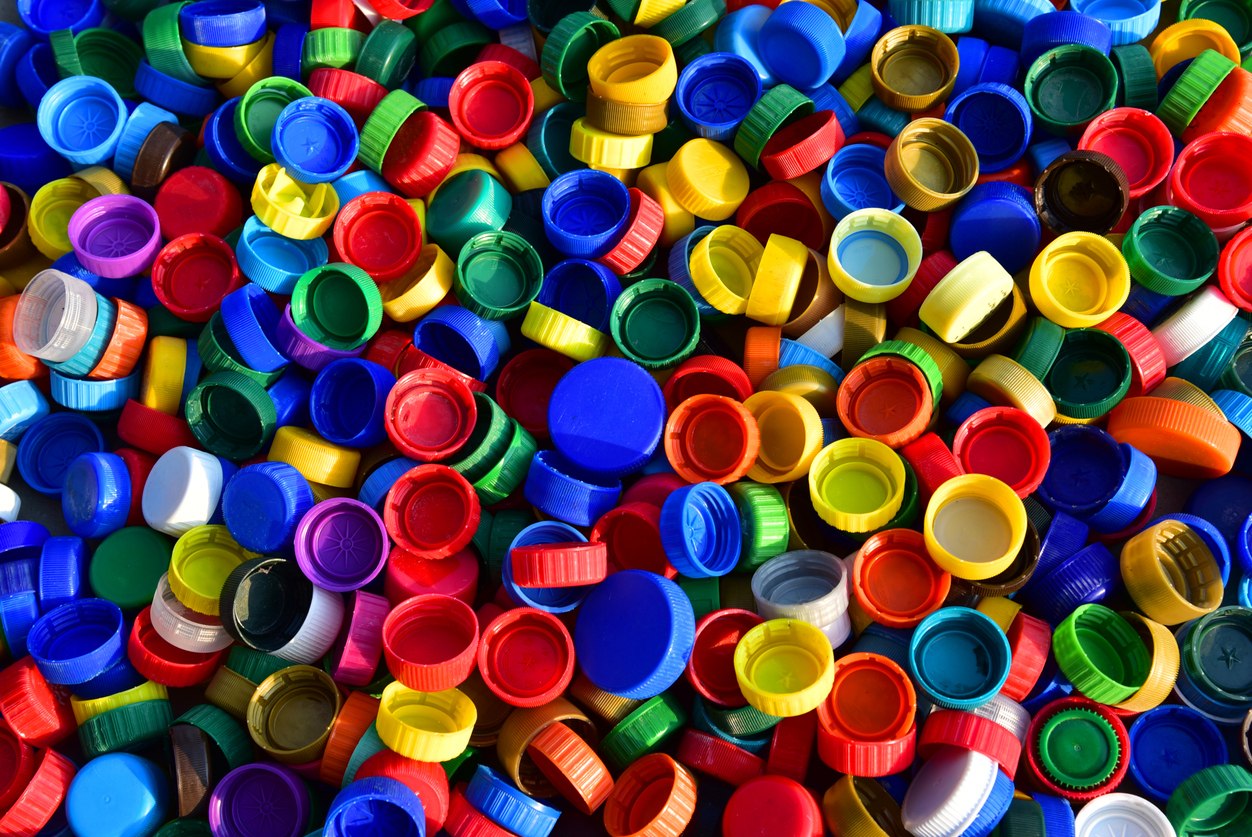
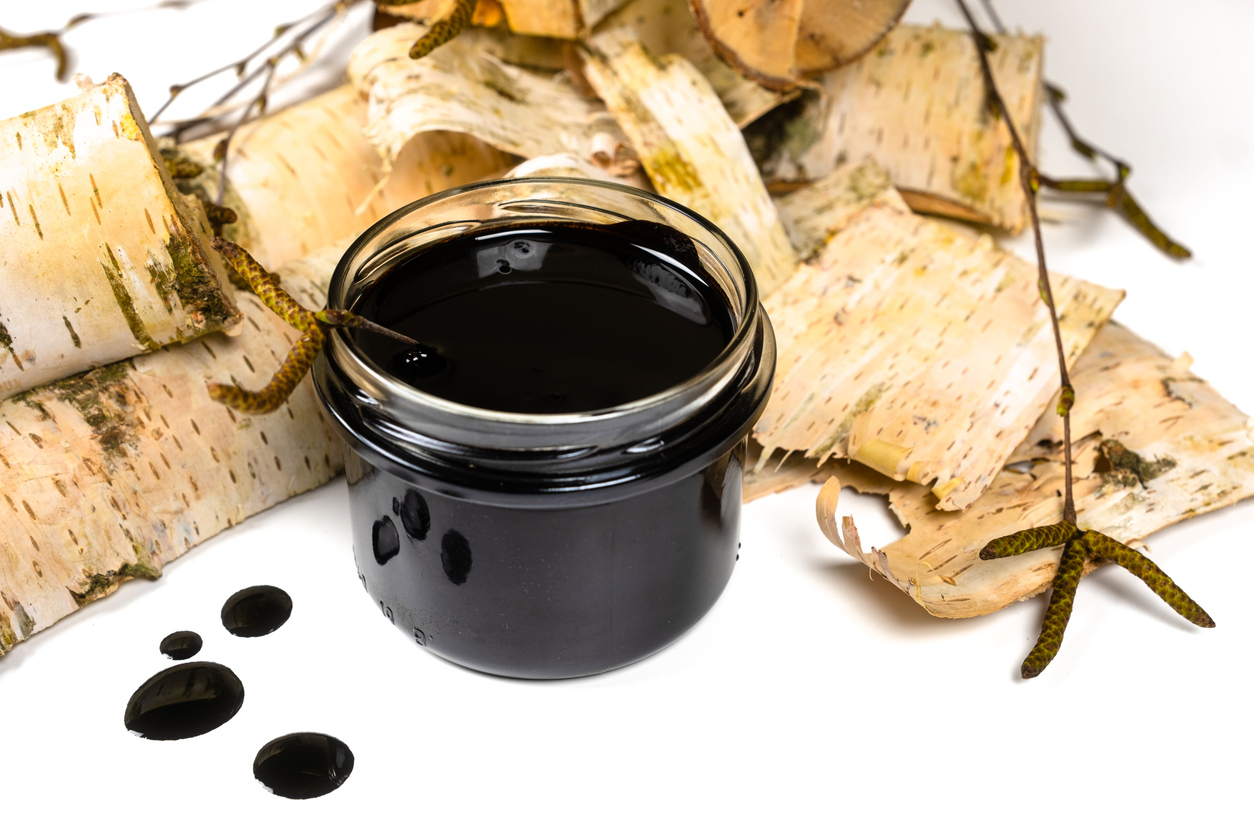
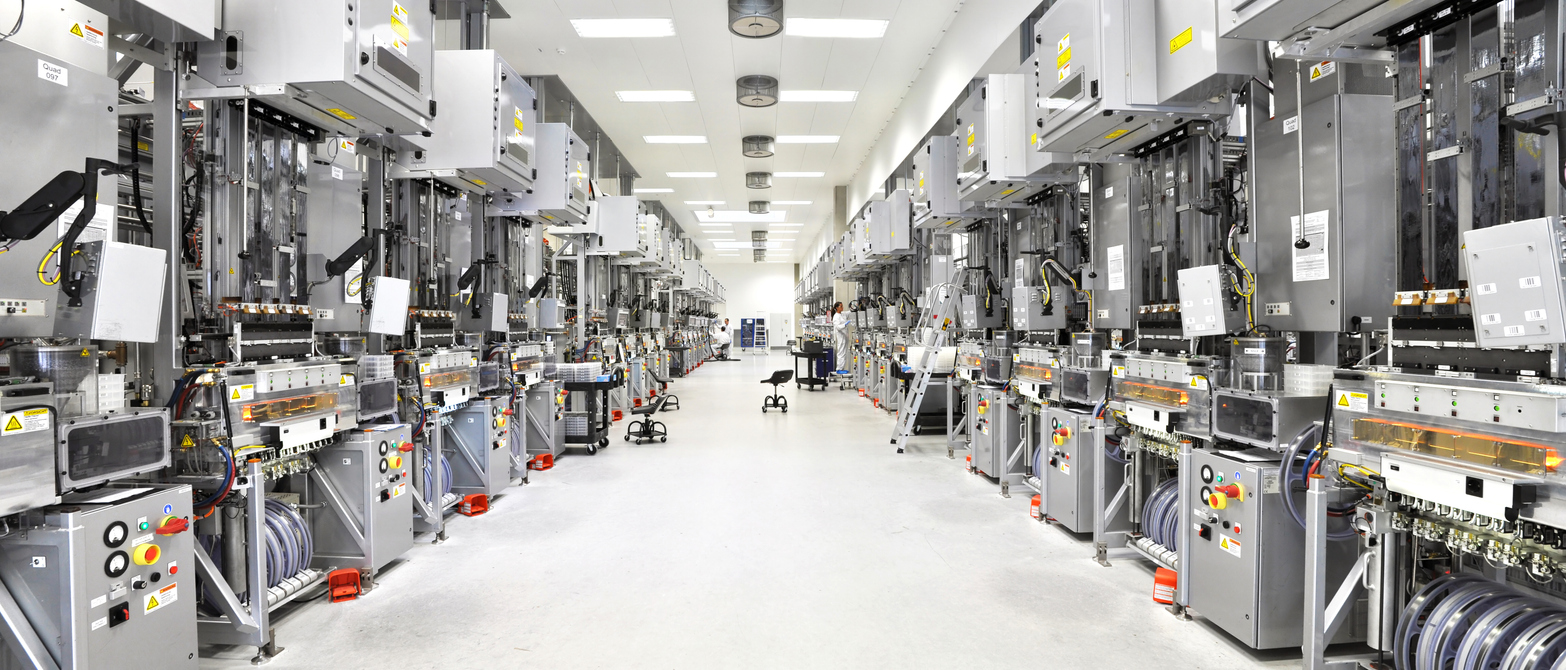

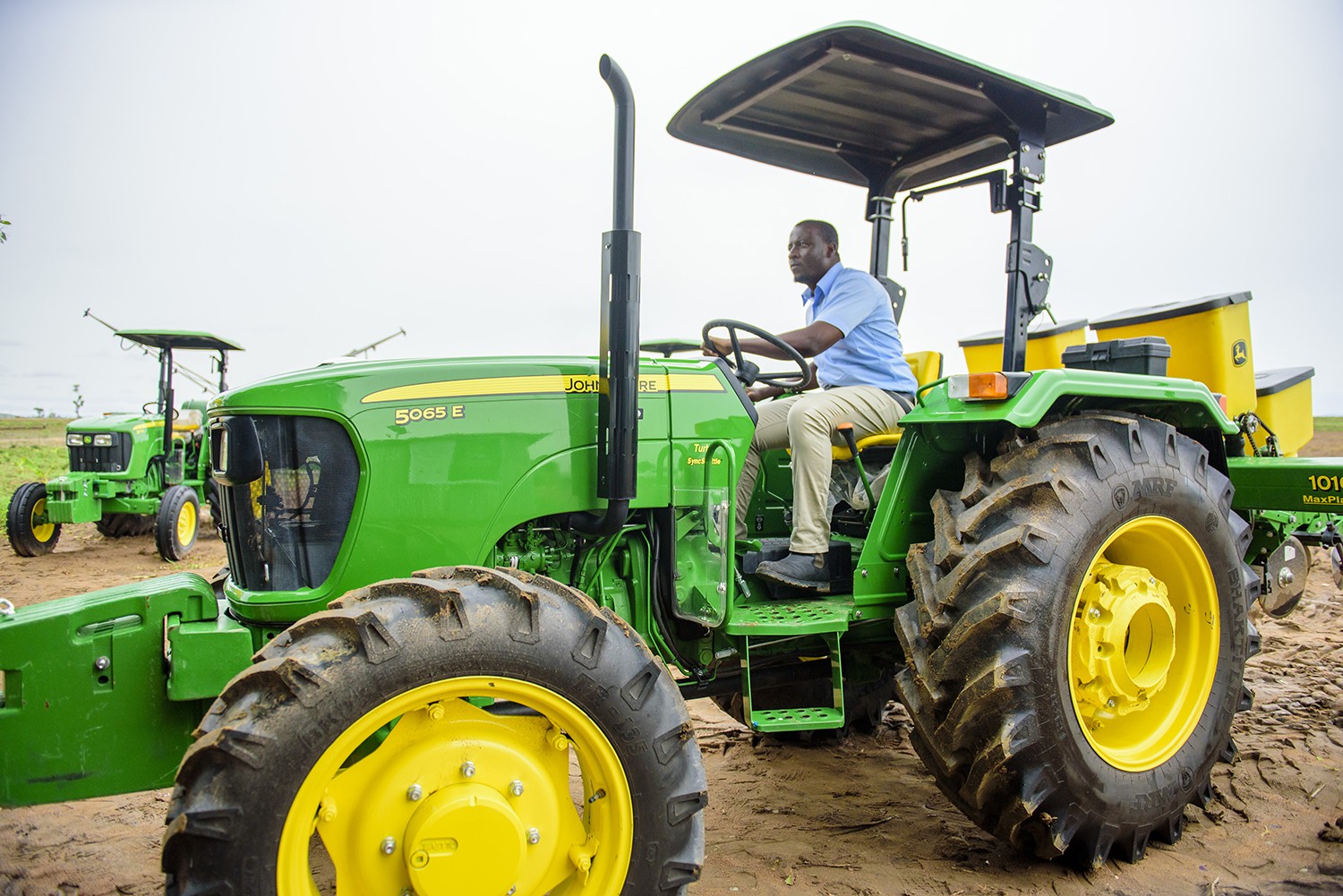
LEAVE A COMMENT
You must be logged in to post a comment.